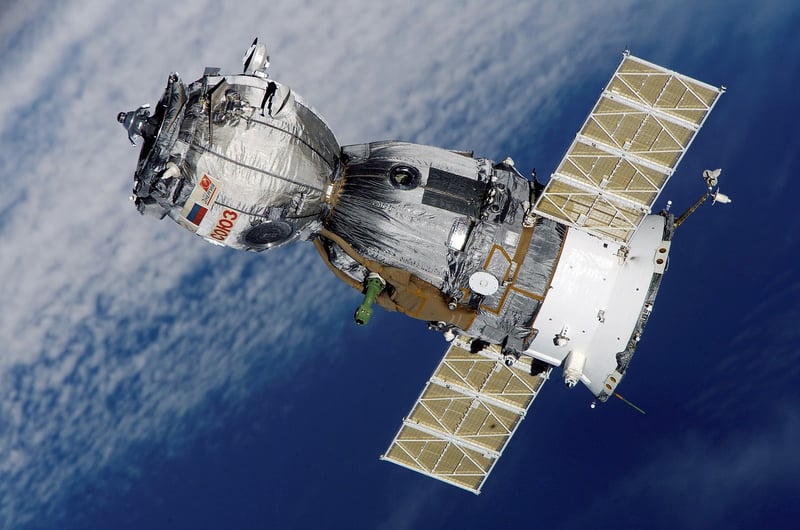Orbital Stations
The Future of Space Exploration: Innovations for Orbital Stations

Space exploration has always been a frontier that captures the imagination of humanity. Over the years, significant advancements have been made in the field of space technology, leading to the construction of various orbital stations that serve as crucial platforms for research and exploration.
International Space Station (ISS)
One of the most iconic orbital stations is the International Space Station (ISS). Orbiting the Earth at an altitude of approximately 420 kilometers, the ISS serves as a microgravity and space environment research laboratory where scientific research is conducted in astrobiology, astronomy, meteorology, and other fields.

Key Innovations on the ISS:
- Solar Panels: The ISS relies on advanced solar panels to generate electricity from sunlight, providing power for its operations.
- Water Recycling System: Innovative water recycling systems on the ISS ensure that water is reused efficiently, reducing the need for frequent resupply missions.
- Robotic Arms: Robotic arms equipped on the ISS assist astronauts in various tasks, such as capturing visiting spacecraft and conducting external repairs.
Future Orbital Station Concepts
As we look towards the future of space exploration, several innovative concepts for orbital stations are being developed to expand our presence in space and enable long-duration missions beyond Earth's orbit.
1. Lunar Gateway
The Lunar Gateway is a planned space station that will orbit the Moon, serving as a staging point for crewed missions to the lunar surface and beyond. It will facilitate research in lunar science, sustainable living in deep space, and exploration of the Moon.

2. Mars Base Camp
Proposed by Lockheed Martin, the Mars Base Camp is a concept for a space station in orbit around Mars. It will act as a waypoint for human missions to the Martian surface, enabling astronauts to conduct research, refuel spacecraft, and prepare for surface operations.

With these innovative concepts and advancements in space technology, the future of orbital stations holds exciting possibilities for human exploration and scientific discovery beyond Earth.
